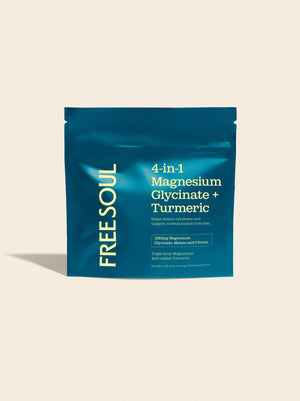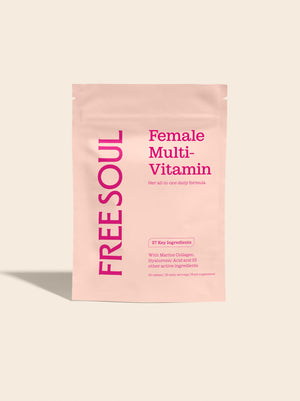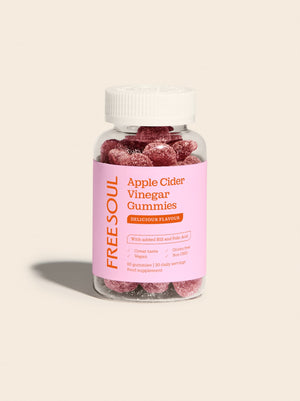What is PMDD?
Premenstrual Dysphoric Disorder (PMDD) is a condition that affects a significant number of women globally. PMDD is a severe form of Premenstrual Syndrome (PMS) that affects some women during their menstrual cycle and causes both emotional and physical symptoms that interfere with daily life. While PMS symptoms are considered common and expected among women, PMDD symptoms are severe and can significantly impact a woman's quality of life. Therefore PMDD is a very valid issue women face. Today we are breaking down everything you need to know about PMDD with the help of an expert in this space.
Who does it affect?
PMDD affects approximately 5-10% of women of reproductive age, with the symptoms typically occurring in the week or two leading up to the menstrual cycle. Symptoms of PMDD include emotional symptoms such as mood swings, anxiety, irritability, depression and physical symptoms including bloating, fatigue, headaches, breast tenderness and difficulty sleeping. “These symptoms can be so severe that they affect a woman's ability to function at home, school, work and in their relationships.” - Dr Monika Sharma. If left untreated, it can increase the risk of developing depression or other mental health conditions.
Despite the prevalence of PMDD, many people still do not understand or acknowledge it as a valid medical condition. The dismissal of PMDD as just a "bad period" or a "woman's problem" undermines the severity and debilitating nature of the condition, leading to women being unable to receive the care and support they need. PMDD is diagnosed based on a woman's symptoms and medical history. To rule out other conditions that may be causing similar symptoms, a doctor may recommend blood tests or imaging exams. However, due to the lack of understanding about the condition it is not uncommon for women with PMDD to be misdiagnosed with depression, anxiety, or bipolar disorder, leading to ineffective treatment or no treatment at all.
What's the cause?
The exact cause of PMDD is not fully understood, but it is believed to be related to changes in hormones, particularly oestrogen and progesterone, during the menstrual cycle. Some women with PMDD may be more sensitive to these hormonal changes than others.
How is it treated?
There are several different approaches to treating PMDD, depending on the severity of the symptoms and individual preferences. “Lifestyle changes, such as getting regular exercise, eating a healthy balanced diet and practising stress management techniques (e.g. yoga, mediation, etc) can help manage symptoms” - Monika. Medications such as antidepressants or hormonal birth control may also be prescribed to help manage the condition.
Unfortunately, there is no surefire way to prevent PMDD, but adopting healthy habits such as regular exercise, a balanced diet, and managing stress may help reduce the severity of symptoms. “Keeping a symptom diary can also help women identify patterns and triggers for their symptoms, which may help them better manage the condition” - Monika. With the right treatment and support, most women with PMDD can manage their symptoms and continue to lead normal lives. However, PMDD can be a chronic condition and some women may experience symptoms for years. “We are only starting to truly understand the impact PMDD can have on women” - Monika.
Overall, PMDD is a valid medical condition that affects a significant number of women globally. The severity of the symptoms and the impact it has on a woman's quality of life should not be dismissed. Women with PMDD deserve empathy, understanding, and access to effective treatment and support. It is crucial for society to acknowledge PMDD as a valid issue and work towards providing more awareness and resources to support women affected by this condition.
For more information and support with PMDD connect with Dr Monika Sharma
Written by Harriet Lidgard
Nutritionist (BSc) & Health Coach
@harriet_well
**At Free Soul, your wellbeing is our priority, and although we pride ourselves on our expertise in women's health and wellbeing, it is important to acknowledge the individuality of each person. Features published by Free Soul are not intended to treat, diagnose, cure or prevent any disease, or replace the advice of your GP. We always recommend consulting with a healthcare provider if you encounter any health concerns, and we’ll always be here to support you so you’re never alone on your journey.







